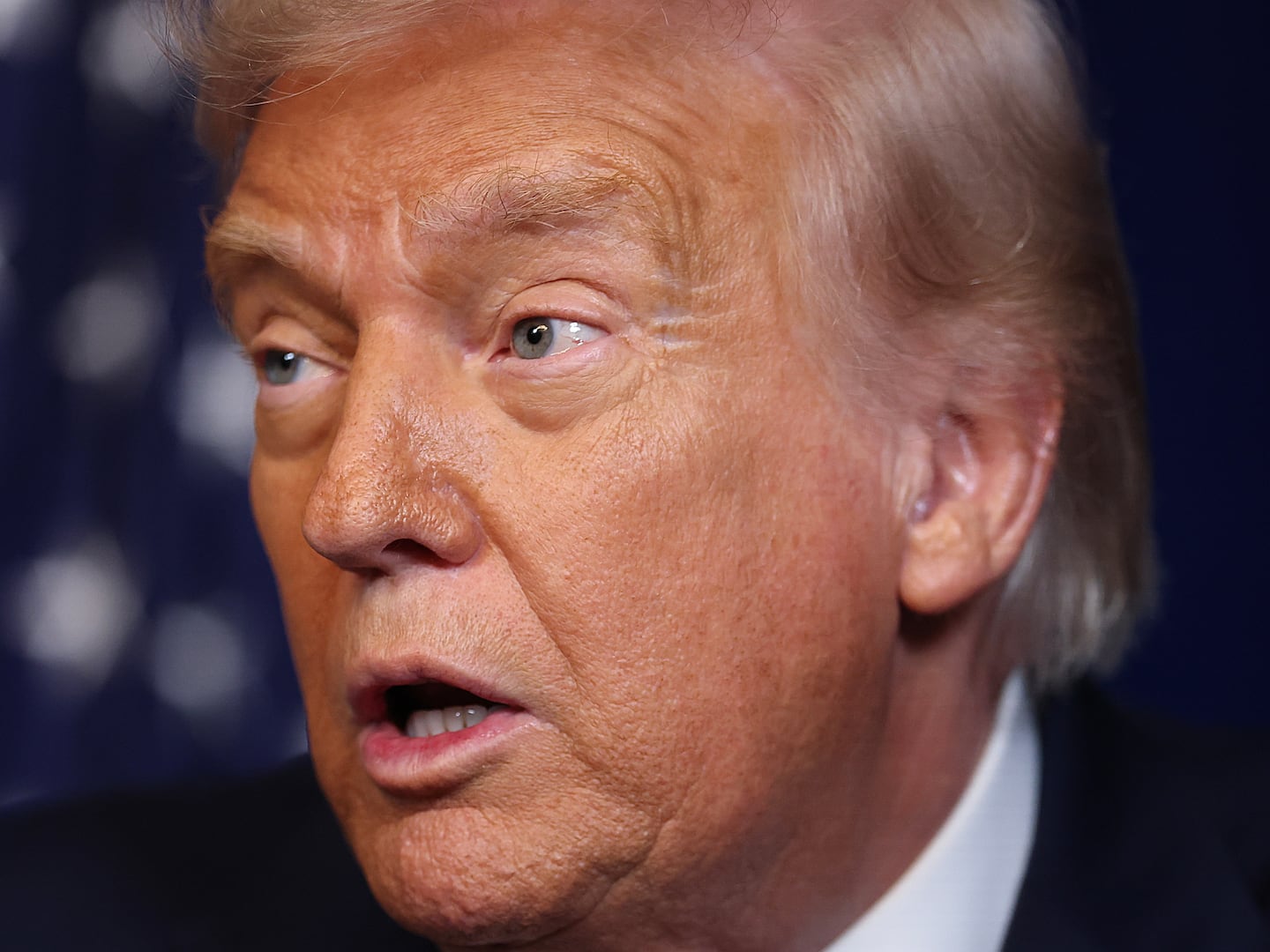
Chris Dodd, chairman of the Senate Banking Committee, is retiring in the fall, and he would like the Senate to pass a bipartisan financial reform bill as part of his legacy. Although the House has already passed its version of financial reform, the Senate still must resolve at least four controversial issues before it can pass financial reform. Here are my suggestions for dealing with these sticking points. (A fuller version of my arguments can be found in my new book, Too Big To Save? How to Fix the U.S. Financial System.)
1. How to Prevent Systemic Risks
The administration has proposed to give the federal regulators the power to reduce the size of existing megabanks—the 19 institutions with more than $100 billion in assets—to prevent them from engaging in systemically risky activities. Most notably, the administration recently backed the so-called Volcker rule, which would prohibit banks from engaging in "proprietary trading." This means buying or selling securities for the bank's own account, as opposed to executing securities trades for the bank's customers.
The odds are 60 to 40 that financial reform legislation will pass before the November elections this year.
However, banks often buy securities for their own account in order to reduce their risk exposures—for example, options or futures to hedge against possible losses in securities held in their portfolios. Banks also build up an inventory of bonds as part of their role as market makers—providing liquidity for their customers or other investors who wants to buy or sell these bonds. Moreover, proprietary trading by banks was not a primary cause of the losses that led to the bailouts by the federal authorities. Therefore, many foreign nations will not adopt the Volker rule so it will be easy for U.S. banks to avoid in their overseas operations.
A more sensible approach would be for Congress to focus on bank capital—the cushion that allows banks to absorb losses without becoming insolvent. The relatively low requirement of capital to assets was a major cause of the failures of many Wall Street firms during the financial crisis. Thus, Congress could mandate a higher capital requirement for very large banks, and could authorize the bank regulators to impose restrictions on excessively risky activities at specific banks.
2. When to Bailout Banks
Even with higher capital requirements, a few megabanks will inevitably get to the brink of insolvency. And if these megabanks are deemed "too big to fail", they are likely to be bailed out by the federal government. Since October of 2008, the Treasury has contributed federal capital to over 600 financial institutions in the U.S. This incredibly high—even reckless—number shows that we do not have a sensible definition of "too big to fail".
In my view, Congress should establish stringent tests for bailing out any financial institution. These tests should focus on the critical role of a few megabanks in processing financial transaction such as checks and wires: If the payment system were shut down, the U.S. economy would come to a halt. By contrast, banks are generally not crucial to lending in the American economy. Banks account for less than 25 percent of all credit extended in the U.S.; the bulk of credit is extended by non-bank lenders such as mortgage brokers and auto financing companies.
If the federal government decides to bail out a financial institution, the Treasury secretary and the Fed Chairman should publicly articulate their rationale for the decision so we can determine later whether this rationale was supported by the facts. In addition, the federal regulators should be directed to recoup any financial assistance to a troubled financial institution by assessing a fee on all megabanks. While some senators favor the assessment of such a fee starting next year, I believe that pre-funding would be unnecessarily burdensome and hard to calculate in advance.
3. Who Should Regulate Banks?
The recent Senate agreement to have the Treasury head risk monitoring by the Council of Regulators was a slap in the face of the Federal Reserve. The Fed has always been the lead macro-economic regulator so it would have been the logical choice to head the monitoring of systemic risks. However, many senators believe that the Fed did a poor job as a bank regulator, and should be confined to running monetary policy. These senators would eliminate the Fed's current role in regulating all bank holding companies and large state-chartered banks.
In my view, this hostility toward the Fed—this bubble-backlash—goes too far. Since the Fed is the only agency with the ability to print and loan large sums quickly, it will surely be a major participant in any future resolution of a large financial institution. Therefore, it should retain its current jurisdiction over all bank holding companies, which include the largest financial institutions in the U.S. On the other hand, the Fed should no longer regulate large state-chartered banks; it should also give up its rulemaking powers over home mortgages and credit cards since these are consumer protection functions.
In sum, this is how the federal regulation system for banks would look: The FDIC would be the federal regulator of all state-chartered banks and thrifts regardless of size. The Comptroller of the Currency would be the federal regulator of all nationally-chartered banks and thrifts; it would absorb the current functions of the Office of Thrift Supervision. The Federal Reserve would be the regulator of all bank and thrift holding companies, and would transfer its consumer protection functions as discussed below.
4. How to Regulate Retail Financial Products
The most controversial issue before the Senate is this: What federal agency should be the lead regulator of retail financial products? The Administration proposed to create the Consumer Financial Protection Agency (CFPC) to set rules and enforce them for all financial products offered to retail customers. The CFPC's jurisdiction originally included all deposits, loans and savings vehicles. But many of these products were already heavily regulated by federal banking agencies.
The House bill narrowed the scope of financial products under the CFPC, and exempted most banks from inspections by this new agency. Nevertheless, most Republican senators still oppose the creation of the CFPC because of its overlapping jurisdiction with federal banking agencies. On the other hand, most Democratic Senators believe that these agencies are too oriented to preserving the safety and soundness of banks, and not sensitive enough to consumer protection concerns.
A workable compromise would be to focus the CFPC on financial products and services provided mainly by non-bank lenders to lower income families. These would include many types of mortgages, payday loans, auto financings and debt collection services. Congress should also establish a separate division of the Comptroller of the Currency to regulate credit cards since they are now issued mainly by national banks. That division should be mandated to provide understandable disclosures and special protections for all credit card customers.
In short, the odds are 60 to 40 that financial reform legislation will pass before the November elections this year. In marked contrast to the ideological battles on healthcare reform, the Senate is taking a refreshingly bi-partisan approach to financial reform. Senator Dodd is working closely with his Republican counterparts on the Senate Banking Committee—Senator Richard Shelby and Senator Bob Corker—to produce a bill with broad support. Nevertheless, the Senate still must reach compromises on the complex issues discussed above and then resolve its differences with the House bill passed late last year.
Robert Pozen is the author of TOO BIG TO SAVE? How to Fix the U.S. Financial System. He is Chairman of MFS Investment Management®, and was formerly president of Fidelity Management & Research Company. He is a senior lecturer at Harvard Business School and has contributed numerous articles to the Wall Street Journal, the New York Times, and the Financial Times.






